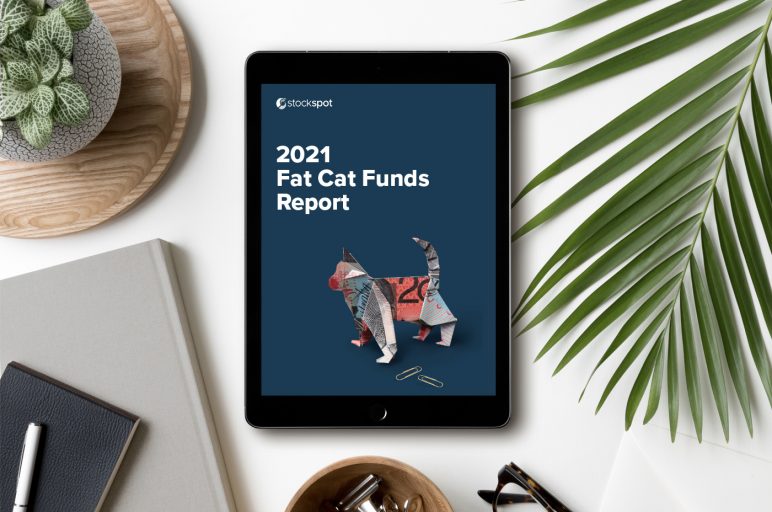Is an office tower in Sydney’s CBD worth more today than a year ago? How about a shopping center in Hawaii? Or a portfolio of tech venture investment? Or a private equity investment?
Knowing the answer to these questions might help us better understand the opaque world of super funds that invest in unlisted assets.
Opaque because many of these funds ultimately control how and when these assets are valued.
Sure, they might pay a valuer of their choice to periodically determine what their unlisted investments are worth. But ultimately, their funds are not marked-to-market the same way shares, bonds, or other listed assets are each day. Worse, members in these funds are completely in the dark because there’s no need for funds to be transparent about their unlisted asset valuations.
Many funds never reveal either the frequency or methodology of the so-called independent valuations.
The analogy I have heard, and think is apt, is that it’s the same as someone marking their own homework and then bragging about being top of the class. Of course, when you get to mark your own homework without any need to show anyone what you wrote, you’ll give yourself an A+.
That is why I think some returns that super funds are now publishing are highly questionable.
“That is why I think some returns that super funds are now publishing are highly questionable.
Take Hostplus. For the financial year 2022, they have said their balanced fund had achieved “a positive 1.57% return”. Impressive considering most other funds have had a year of negative returns.
The problem here is that it’s highly questionable whether Hostplus have revalued all of their overweight unlisted assets which include property, venture capital and private equity investments, to reflect current public market valuations as of 30 June 2022.
Fair market value is what a willing buyer would pay today. Not what these assets were purchased for at the market peak in 2021. The issue is if Hostplus is overvaluing their private equity investments (which account for 8% of the fund), then this can have a serious overstated impact on their Balanced fund returns.
Hostplus private equity and other unlisted investments should have dropped by at least the same quantum as similar assets listed on public markets. How much have Hostplus written their values down by this year? Unfortunately, members and the general public will likely never know.
Another potential issue is that the Trustee of Hostplus has veto power on any valuations they deem unacceptable. They also set the valuation process and have oversight of the valuation process in general.
“Another potential issue is that the Trustee of Hostplus has veto power on any valuations they deem unacceptable. They also set the valuation process and have oversight of the valuation process in general.
A lack of transparency in how Hostplus and other super funds value their unlisted assets like property and private equity is a structural threat to the superannuation system. It has the potential to cause significant intergenerational inequity between members over the next decade. This is a huge problem for current and future members of these funds who may be entering or exiting at a unit price that doesn’t reflect the fair value of the investments they own.
A potential solution would be for policy makers to require much more transparency from these funds in how they value their unlisted assets including: methodology; frequency; and who carries out the valuation.
This would mean that funds like Hostplus could still mark their own homework, but at least their homework would be out in the open for members, ratings agencies and the public to form their own views on.




